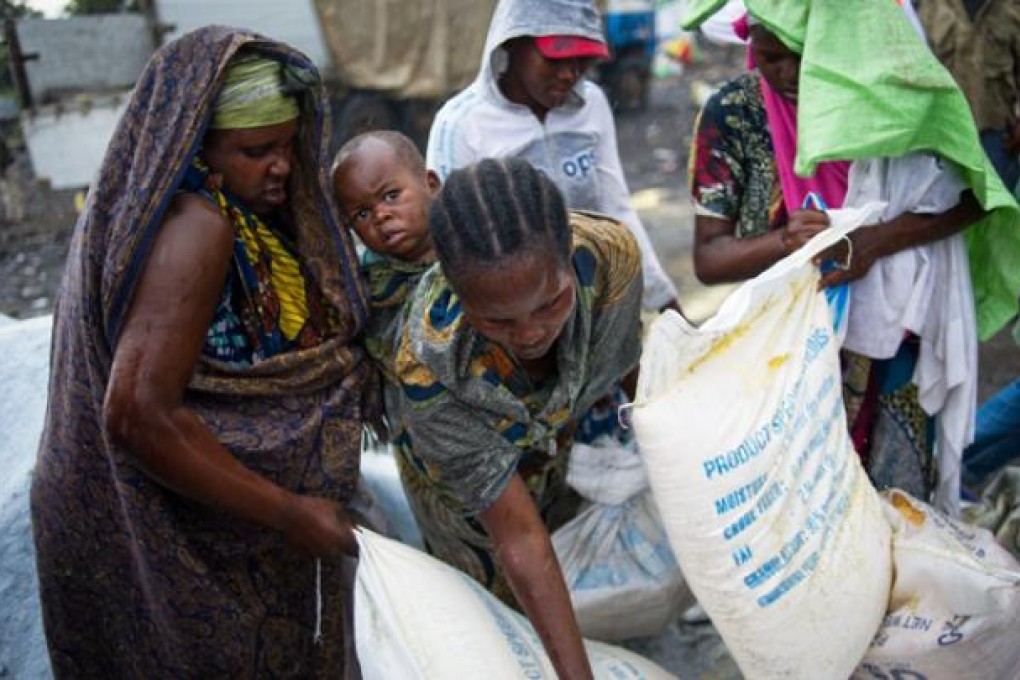Violence rocks east DR Congo despite rebel pullout
Authorities in Democratic Republic of Congo’s eastern city of Goma assumed gradual control of the mining hub on Sunday after a rebel pullout, but tensions were running high with clashes on Rwanda’s border.

Authorities in Democratic Republic of Congo’s eastern city of Goma assumed gradual control of the mining hub on Sunday after a rebel pullout, but tensions were running high with gunmen attacking a camp for displaced people and clashes on Rwanda’s border.
UN refugee agency officials reported cases of looting and rape in the attack late on Saturday on the giant Mugunga camp, which lies about 10 kilometres west of Goma and is home to up to 35,000 displaced people.
The attack came hours after the withdrawal of M23 rebel fighters in line with a regionally brokered deal to end their occupation of Goma which had stoked fears about stability in the war-blighted area that borders Rwanda and Uganda.
“It’s a step in the right direction,” government spokesman Lambert Mende told reporters of the withdrawal. President Joseph Kabila would soon start “listening to the grievances” of the mainly Tutsi rebels as part of peace negotiations, he added.
Security remains fluid following the M23’s 12-day occupation of Goma, despite over 160 police reinforcements arriving by boat at the lake port to beef up some 300 colleagues who arrived on Saturday.
Alongside United Nations peacekeepers, a few police patrols were seen on the streets of Goma, a city of around one million people that is the hub of the resource-rich area. Some 600 government soldiers are also reported to be on their way to Goma.